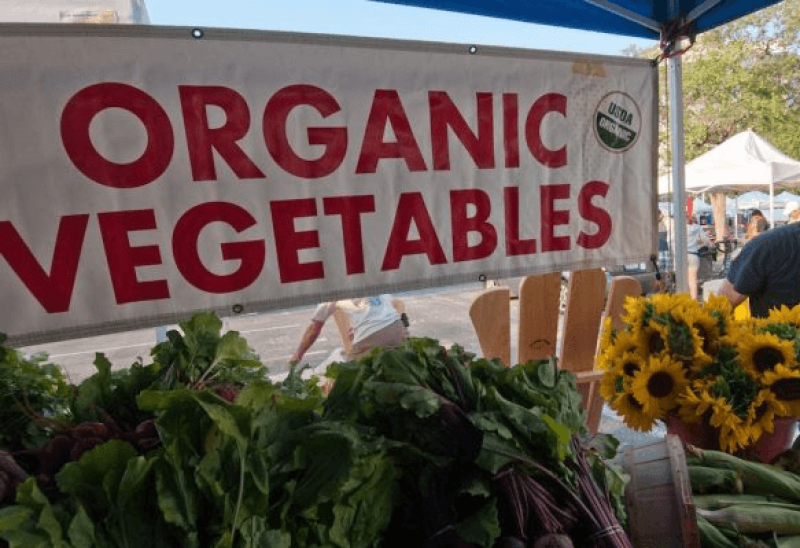The Agriculture Department announced new guidelines for products labeled “organic,” a term that has been increasingly abused as shoppers have sought healthier, environmentally friendly food.
The USDA has a strict definition of “certified organic,” allowing the label to be used only for products that meet certain standards for soil quality, animal-raising practices, pest and weed control, and use of additives.
Yet problems with organic fraud have persisted. This month, the Justice Department announced indictments of individuals alleged to have masterminded a multimillion-dollar scheme to export nonorganic soybeans from Eastern Europe to be sold into the United States as certified organic. They were able to charge 50 percent more for “organic” grain than conventional, the department said.
And this week, two Minnesota farmers were charged in connection with an alleged plan to sell more than $46 million in chemically treated crops as organic between 2014 and 2021.
…
Key updates to the rules include requiring certification of more of the businesses, such as brokers and traders, at critical links in organic supply chains. It also requires organic certificates for all organic imports and increases inspections and reporting requirements of certified operations.































